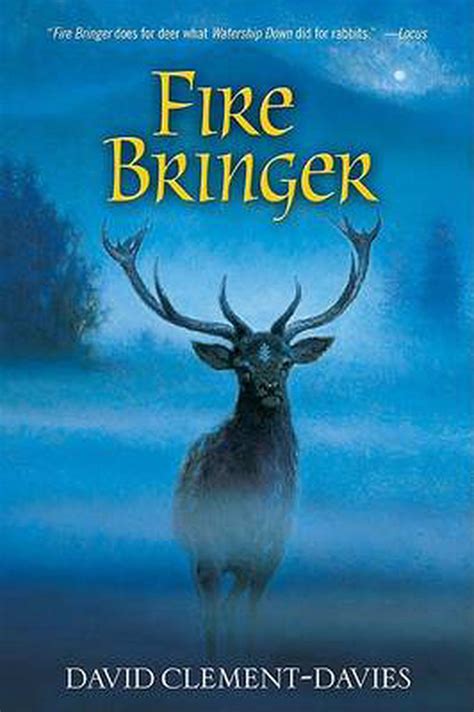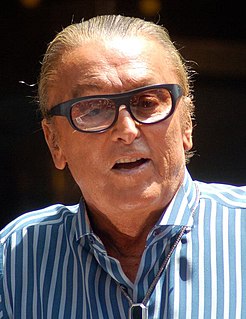A Quote by Michel de Montaigne
The man who thinks he knows does not yet know what knowing is
Related Quotes
There are four types of men in this world: 1. The man who knows, and knows that he knows; he is wise, so consult him. 2. The man who knows, but doesn't know that he knows; help him not forget what he knows. 3. The man who knows not, and knows that he knows not; teach him. 4. Finally, there is the man who knows not but pretends that he knows; he is a fool, so avoid him.
The motive that impels modern reason to know must be described as the desire to conquer and dominate. For the Greek philosophers and the Fathers of the church, knowing meant something different: it meant knowing in wonder. By knowing or perceiving one participates in the life of the other. Here knowing does not transform the counterpart into the property of the knower; the knower does not appropriate what he knows. On the contrary, he is transformed through sympathy, becoming a participant in what he perceives.
... the divine knowing - what the Father knows, and what the Word says in response to that knowing, and what the Spirit broods upon under the speaking of the Word - all that eternal intellectual activity isn't just daydreaming. It's the cause of everything that is. God doesn't find out about creation; he knows it into being. His knowing has hair on it. It is an effective act. What he knows, is. What he thinks, by the very fact of his thinking, jumps from no-thing into thing. He never thought of anything that wasn't.
History is for human self-knowledge. Knowing yourself means knowing, first, what it is to be a person; secondly, knowing what it is to be the kind of person you are; and thirdly, knowing what it is to be the person you are and nobody else is. Knowing yourself means knowing what you can do; and since nobody knows what they can do until they try, the only clue to what man can do is what man has done. The value of history, then, is that it teaches us what man has done and thus what man is.
A man’s ignorance sometimes is not only useful, but beautiful - while his knowledge, so called, is oftentimes worse than useless, besides being ugly. Which is the best man to deal with - he who knows nothing about a subject, and, what is extremely rare, knows that he knows nothing, or he who really knows something about it, but thinks that he knows all?
Man no longer lives in the beginning--he has lost the beginning. Now he finds he is in the middle, knowing neither the end nor the beginning, and yet knowing that he is in the middle, coming from the beginning and going towards the end. He sees that his life is determined by these two facets, of which he knows only that he does not know them
Man must begin to the unitary principle of man - knowing that there are not separate men or separate individuals, but hat the whole man idea is one. He must know that all mankind is connected with every other part of mankind, all geared together by the one omnipresent Light of God which centers all as ONE and motivates all as ONE. Until man knows that separation from God is impossible, even for one second, he does not begin to have knowledge.
Well I am certainly wiser than this man. It is only too likely that neither of us has any knowledge to boast of; but he thinks that he knows something which he does not know, whereas I am quite conscious of my ignorance. At any rate it seems that I am wiser than he is to this small extent, that I do not think that I know what I do not know.









































